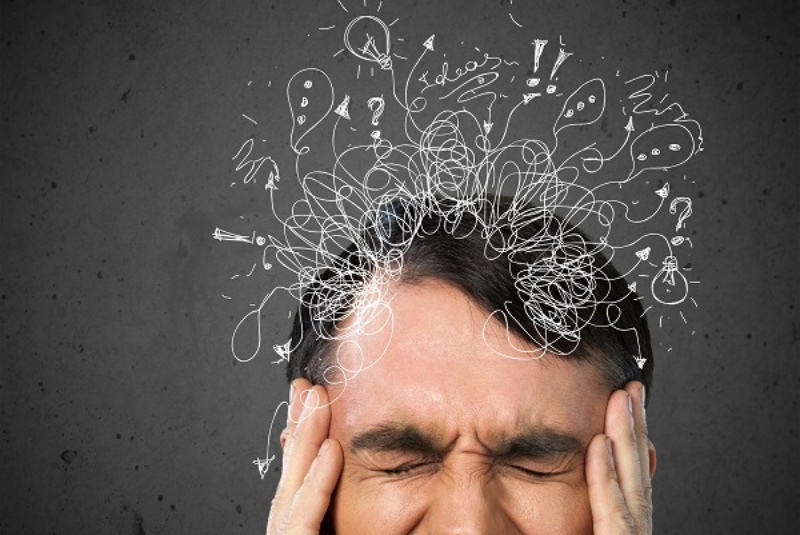Living with ADHD can be challenging, and it’s even harder to deal with the high costs of ADHD treatments. Thankfully, there are many affordable ADHD treatments that offer financial options like sliding scale payments and patient assistance programs, so you don’t have to worry about the cost. Find out more on where to find affordable ADHD treatments and take care of your health without the financial burden.
Exploring Affordable ADHD Treatment Options
Attention Deficit Hyperactivity Disorder (ADHD) is a neurodevelopment disorder that affects millions of individuals worldwide. It can manifest in both children and adults, causing difficulties in focusing, impulsivity, and hyperactivity. While ADHD can significantly impact one’s daily life, there are various treatment options available to manage its symptoms. This article will delve into affordable ADHD treatment alternatives, emphasizing the importance of accessible care for all affected individuals.
Understanding ADHD
Before diving into treatment options, it’s essential to have a basic understanding of ADHD. This disorder is characterized by a persistent pattern of inattention, hyperactivity, and impulsivity. People with ADHD may struggle with tasks that require sustained attention, often making careless mistakes and having difficulty organizing their activities. In addition, they may act impulsively, blurting out answers or interrupting others.
Medical Evaluation
Before exploring treatment alternatives, individuals suspected of having ADHD should seek a medical evaluation. A thorough assessment by a healthcare professional, typically a psychiatrist or a neurologist, is essential for accurate diagnosis. This evaluation may include interviews, questionnaires, and observation of the individual’s behavior.
Behavioral Therapies
Behavioral therapies are often considered the first-line treatment for ADHD, especially in children. These therapies aim to teach individuals new strategies for managing their symptoms and improving their daily functioning. Some commonly used behavioral therapies for ADHD include:
Cognitive-Behavioral Therapy (CBT)
CBT is a structured therapy that helps individuals recognize and change negative thought patterns and behaviors. It can be particularly effective in addressing impulsivity and emotional regulation in individuals with ADHD.
Parent Training and Education
Parents of children with ADHD can benefit from training and education programs. These programs teach parents how to manage their child’s behavior effectively, set clear expectations, and create a structured environment that supports their child’s needs.
Behavior Modification
Behavior modification techniques involve using positive reinforcement to encourage desired behaviors and discourage unwanted ones. This can be effective in helping individuals with ADHD develop better self-control and decision-making skills.
Medication
In some cases, medication may be prescribed to manage ADHD symptoms. Medications can be highly effective in reducing impulsivity, hyperactivity, and improving focus. While medication can be a crucial part of ADHD treatment, it’s essential to discuss the options and potential side effects with a healthcare professional. Affordable medication options may be available, including generic versions of brand-name ADHD medications.
Lifestyle Changes
In addition to therapy and medication, making certain lifestyle changes can help individuals with ADHD better manage their symptoms. Some lifestyle modifications include:
Regular Exercise
Physical activity has been shown to have a positive impact on ADHD symptoms. Engaging in regular exercise can help improve attention, reduce hyperactivity, and enhance overall well-being.
Healthy Diet
Maintaining a balanced diet can be beneficial for individuals with ADHD. Avoiding excessive sugar and processed foods while focusing on a diet rich in fruits, vegetables, and lean proteins can help stabilize energy levels and improve concentration.
Establishing Routine
Creating a structured daily routine can help individuals with ADHD stay organized and on track. Setting specific times for tasks and activities can reduce impulsivity and increase productivity.
Support Groups
Support groups can be a valuable resource for individuals with ADHD and their families. These groups provide a platform for sharing experiences, strategies, and emotional support. Many support groups are free or have minimal membership fees, making them an affordable option for those seeking guidance and community.
Alternative Therapies
Some individuals with ADHD explore alternative therapies alongside conventional treatments. While more research is needed to determine their efficacy, these therapies may offer benefits for some individuals. Some alternative approaches to consider include:
Yoga and Mindfulness Meditation
Practicing yoga and mindfulness meditation can help improve attention and reduce stress, which are often challenges for individuals with ADHD.
Neurofeedback
Neurofeedback involves monitoring brain activity and providing real-time feedback to help individuals learn to regulate their brainwaves. While it can be more costly than other treatments, some individuals find it beneficial in managing their ADHD symptoms.
Herbal Supplements
Certain herbal supplements, such as omega-3 fatty acids and zinc, have been studied for their potential benefits in managing ADHD symptoms. However, it’s essential to consult with a healthcare professional before using any supplements.
Access to Affordable Treatment
Ensuring access to affordable ADHD treatment options is crucial for individuals and families facing this challenge. Here are some strategies to consider:
Health Insurance
Review your health insurance policy to understand what ADHD treatments are covered. Many insurance plans provide coverage for therapy and medication, reducing out-of-pocket expenses.
Community Health Centers
Community health centers often offer affordable mental health services, including ADHD evaluations and therapy. These centers may provide sliding-scale fees based on income, making care more accessible.
Government Assistance Programs
In some countries, government assistance programs provide financial support for individuals with ADHD. Explore these programs to determine if you or your loved one qualifies for assistance.
Conclusion
ADHD is a challenging condition that can significantly impact the lives of those affected. However, there are numerous affordable treatment options available, ranging from behavioral therapies and medication to lifestyle changes and support groups. It’s essential for individuals with ADHD and their families to explore these options, seeking the help of healthcare professionals and support networks to manage the condition effectively. Accessible and affordable ADHD treatment is vital to ensuring that everyone can lead fulfilling lives, regardless of their diagnosis.





